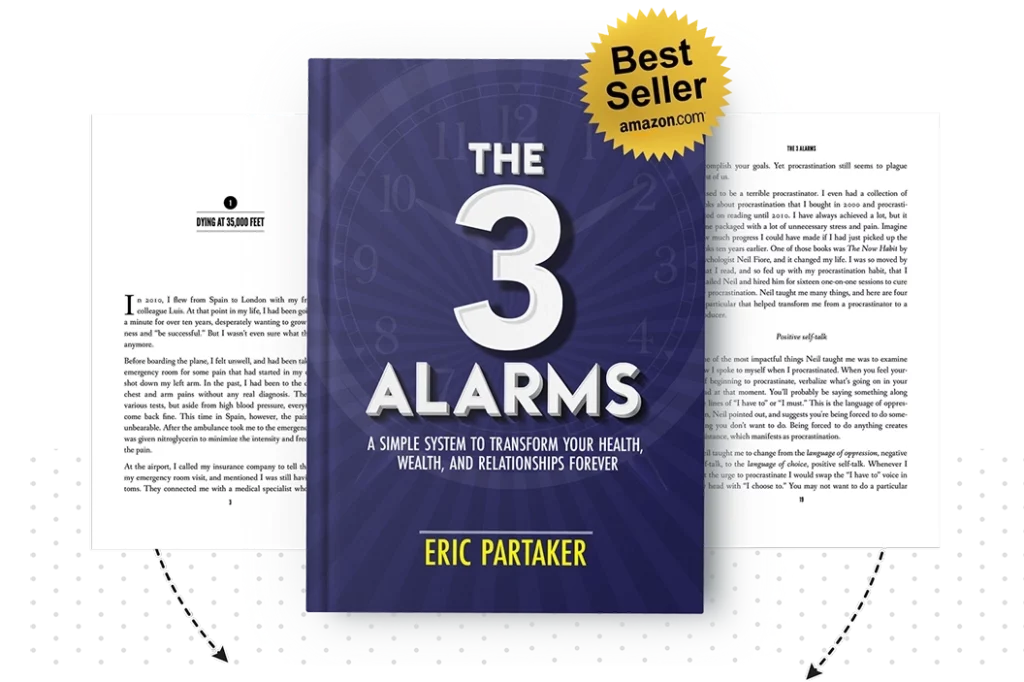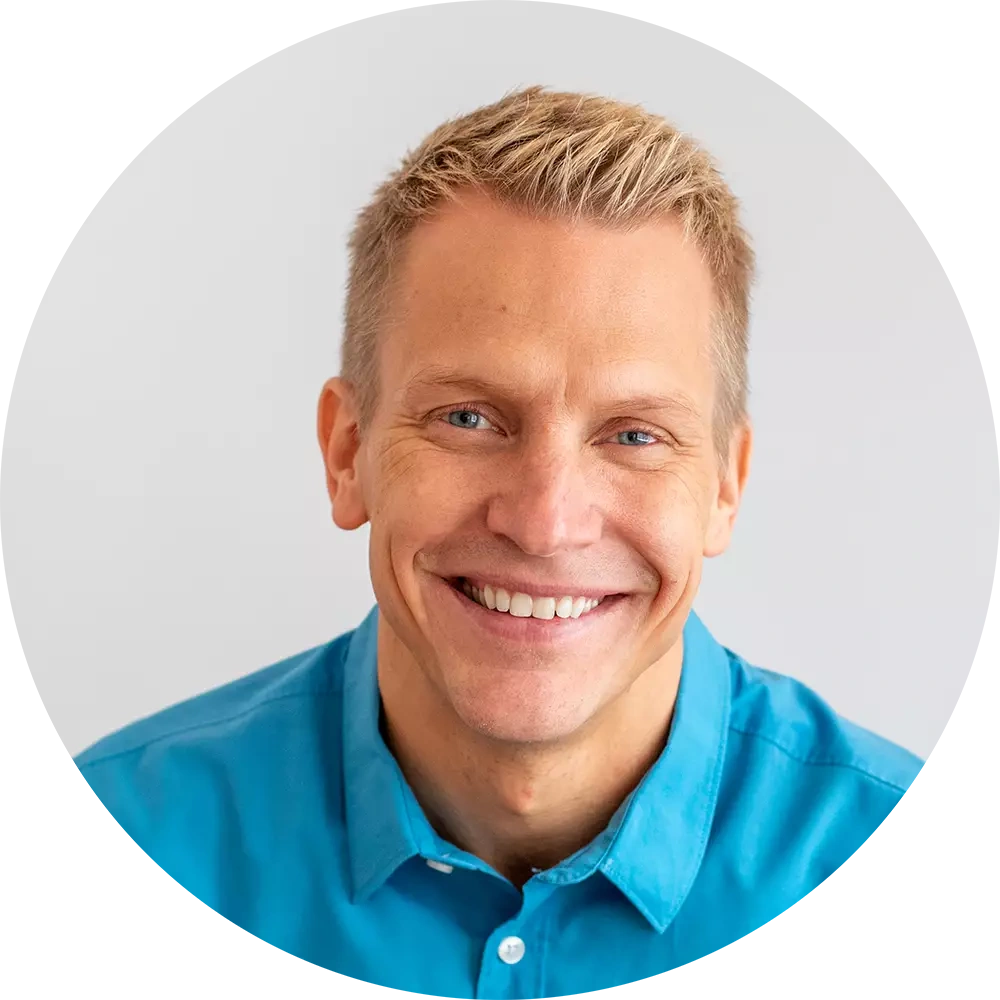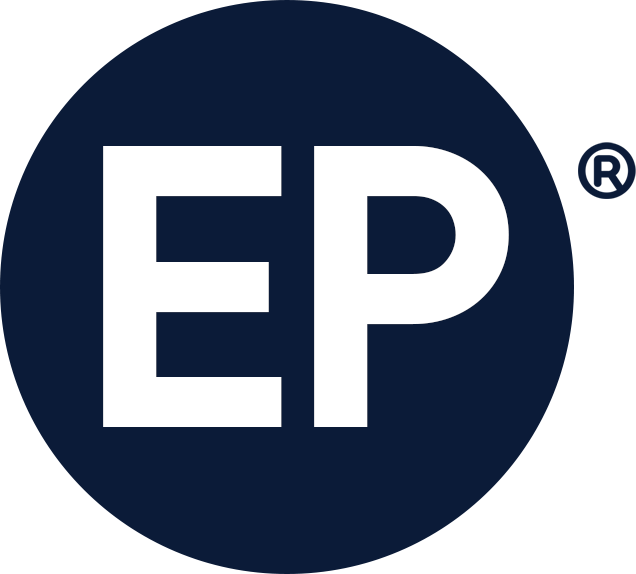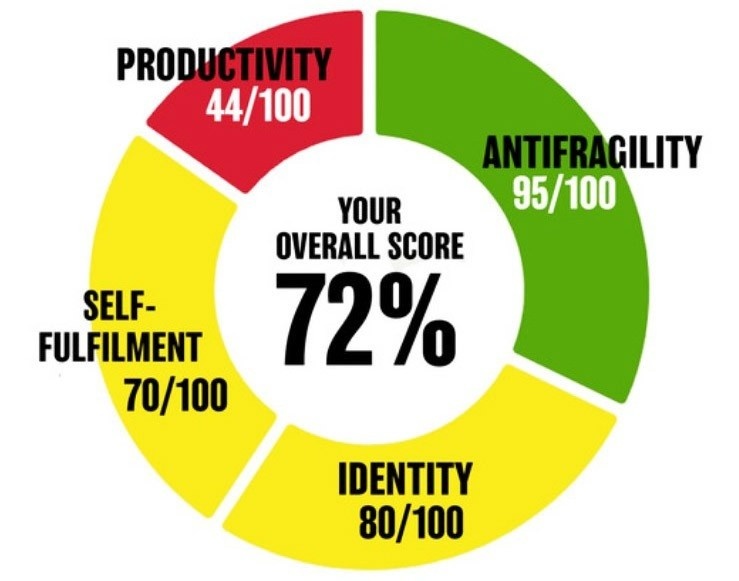How to Learn: Pretty Much Anything // Have you ever wondered what it takes to become world class at something? Well, the key to becoming world class and mastering anything you want is not just about the work, it’s about how you learn and your ability to act with intentionality. Today, peak performance expert and coach, Eric Partaker, shows how you can learn to be good at anything, by highlighting the best way to learn so you can master anything and reach your full potential.
KEY POINTS
Stop Reading, Start Acting – Knowledge is no longer the foundation of power. Taking action is what will lead you to reaching your full potential. Put your books down, get out there and take the first leap.
Challenge Yourself! – Push yourself everyday to do better and be better. Growth starts with a decision to move beyond your present circumstances.
Prioritize Learning And Development – Schedule it into your day. Be a lifelong student. Never stop learning, whether it be from taking courses, networking or reading make it a priority in your life!
Find A Role Model! – Just about everything in the world has been done by someone before. This means that there is somebody out there who can show you the ropes. Find somebody who can help you down your path to reaching your full potential.
If You Can’t Measure It, You Can’t Improve It – You need to see how you are performing so that you get a sense of whether you are going in the right direction. Is the level of challenge appropriate? Is the level of progression appropriate? Measurement is critical.
TRANSCRIPT
Eric Partaker: Today I’m going to show you how you can master anything that you want and take that next step towards reaching your full potential. Hi, my name is Eric Partaker, and I’ve been recognized as the CEO of the year, and I’m also the author of two best-selling books, including The 3 Alarms. Number one secret to mastering anything is you need to be uncomfortable. If it doesn’t challenge you, it won’t change you. And the path of mastery is a path of change, is a path of improvement. It’s a path of challenge, and you need to ask yourself, where is your comfort zone and what lies just outside of that? Ask yourself what are the things that you know you should be doing, maybe that scare you or challenge you, but that you haven’t been doing yet that you’ve maybe have even been avoiding? We all have things like this that we avoid, but it’s the things that challenge us that make us grow the most.
You don’t become your best by doing continually the same thing that you’ve always been doing. You have to start doing something different. You have to step outside of your comfort zone. Next up, stop reading and start acting. I am going to be talking about the importance of learning and development a little bit later on your path to mastery, but you probably already know enough to take action. Knowledge isn’t power anymore. Taking action is where it’s at. And you can only read and watch so much on a particular topic before you act. You need to get out there, get in the game. All of your learning, the majority of your learning will come from you actually acting on your knowledge rather than sitting and trying to acquire more and more knowledge. Number three, you need to find your sweet spot. Your sweet spot is that a point of challenge that pushes you a little bit, but not too much such that you’re succeeding 60 to say 80% of the time.
If you’re succeeding 60 to 80% of the time, you’re being challenged appropriately. If you’re succeeding a hundred percent of the time, you’re not being challenged appropriately. You need to add more to the pile there. But 60 to 80%, that’s the sweet spot. If you’re below 50%, it’s too hard. So whatever it is that you’re trying to master, are you succeeding 60 to 80% of the time? If so, you’re in the right range. If you’re a little bit higher than that, then you might want to challenge yourself more. If you’re a little bit less than that, you want to challenge yourself a little bit less. Number four, we’ve got to prioritize our learning and development. So although I said earlier that stop reading and start acting, we do still need to learn things along the way. So for example, as you take action, you may uncover a new thing that you need to acquire knowledge-wise or skill-wise or a conversation that you need to have to better understand something that you’ve just encountered or experienced.
We need to schedule that learning and development time into our days, but it’s not just reading. Learning and development can come from taking a course or scheduling very important conversations with others who are very knowledgeable in the area that we’re seeking to master. And that’s a good segue into the next point, which is find a role model. Just about everything in the world has been done already by someone before. Maybe not exactly, but in a similar fashion. And that’s wonderful. That’s amazing because that means that there’s somebody out there who can show you the ropes. There’s somebody out there who can hold your hand when you’re down and help pull you back up. And your job on your path to mastery is to simply find this person. Find a role model, and don’t look for a silver bullet. Don’t look for like, “This is the person that’s going to take me from A to Z for the rest of my life.” It doesn’t work that way.
And what I’ve found is that often I’ll have a role model or a group of role models for a period of time. Sometimes only three years, but sometimes five years, sometimes longer. But think about it as what’s most important now and who in your life or within your network that you either directly know, or perhaps that you know indirectly through someone else could serve as a guide for you, could serve as a mentor, could serve as a role model to help you on your path to mastery? And last but not least, if you can’t measure it, you can’t improve it. And measurement and progress is absolutely essential on our path to mastery. We need to see how we’re performing so that we get a sense of are we going in the right direction? Is the level of challenge appropriate? Is the level of progress appropriate? So measurement is critical.
And whether that comes in the form of an app on your phone or a notebook, or an electronic document, that’s up to you, but make sure that you’re recording your progress so that you can look back and see quantitatively, number-wise, am I improving? Am I getting better and better and better on my quest to master whatever it is? And I’d love to hear from you. So don’t forget to leave a comment and a rating as well. And if you’d like to get a copy of my new book, The 3 Alarms, please head over to my website at ericpartaker.com. That’s E-R-I-C, ericpartaker.com, where you can pick up a free digital copy of my new best-selling book, The 3 Alarms.




